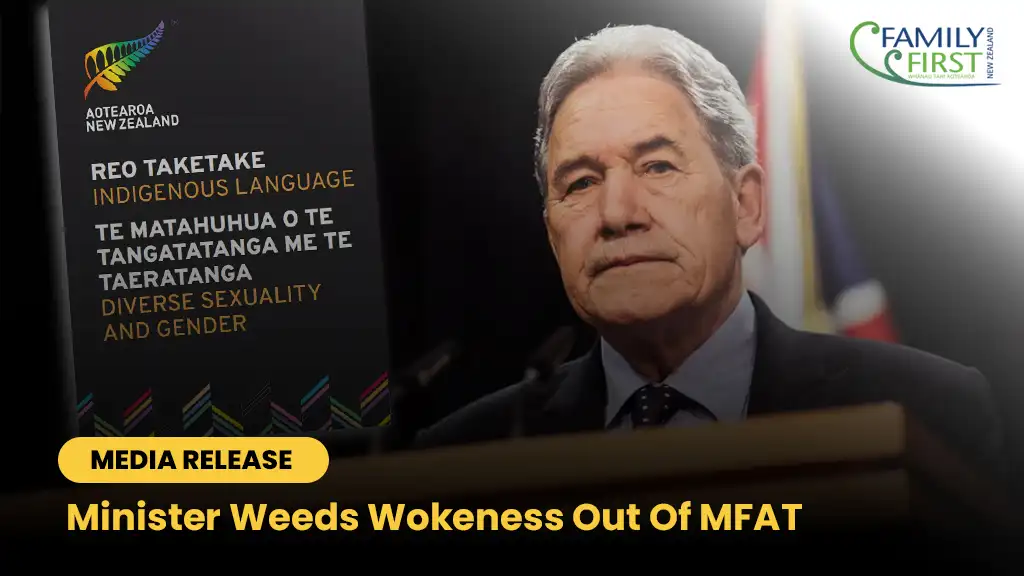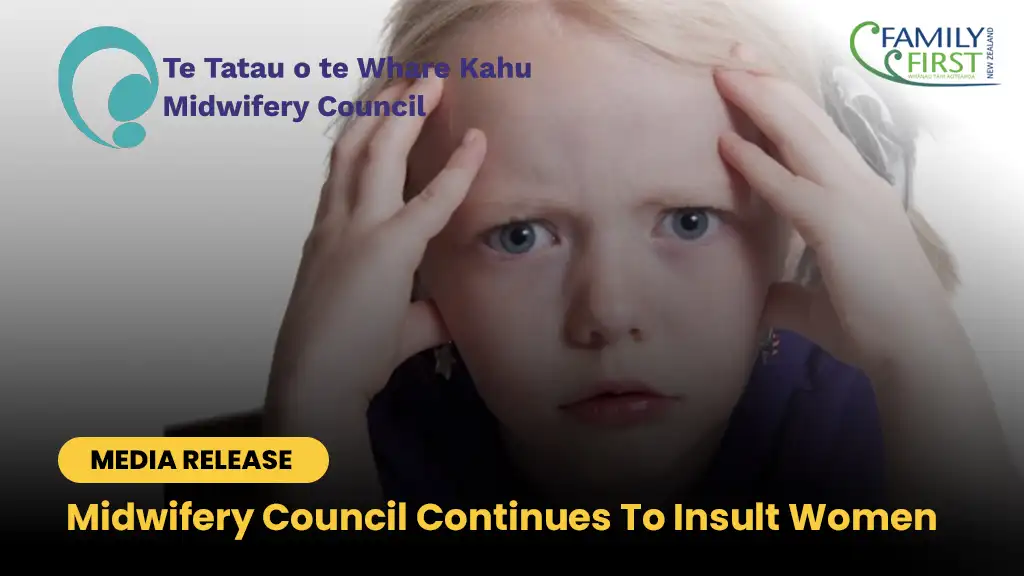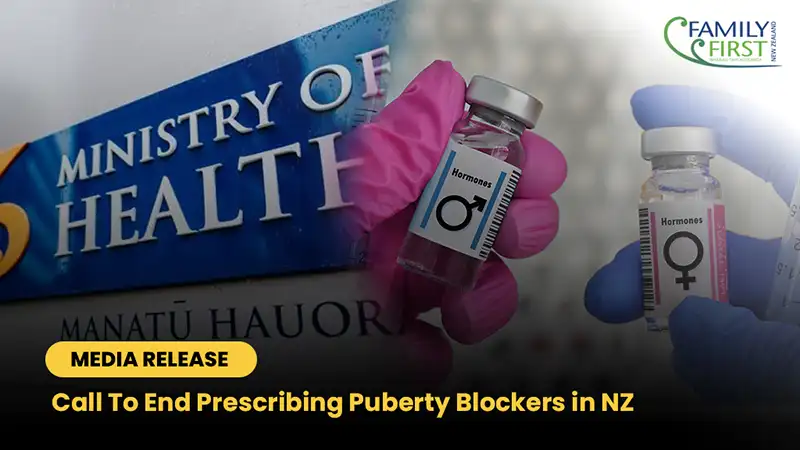Media Release 12 November 2019
Family First New Zealand has proposed a number of bills to the government regarding the access to pornography in both public places, including schools and the work place.
“There has been an important national conversation around consent and ‘rape culture’. At the same time, there is increasing consumption and availability of online pornography and sexual violence. It’s time we connected the dots,” says Bob McCoskrie, National Director of Family First NZ.
Family First is calling on immediate legislative support for families including:
- Online Public Areas Safety Act: This bill would require all retail shops, schools, businesses and public areas which provide free Wi-Fi to the general public (and especially children) to ensure that the appropriate filtering from pornography is in place by default.
- Online Child Safety Act: This bill would require ISP’s to provide or make available to all subscribers (parents) the technology which will allow the parents to monitor, control, supervise, block, and restrict their child’s access to the internet.
- Raising Awareness on the Harms of Pornography Act: This bill would require education materials to be made available to parents, schools, and the general public – similar to alcohol and tobacco health warnings – regarding the public health risks and harms of pornography, its close link with sex trafficking, how parents can engage filters, and more.
- Government Accountability, Trust, & Etiquette (G.A.T.E) Act: This bill would require government agencies to adopt policies which would prohibit users of government-owned devices (like laptops and cellphones) from accessing sexually explicit, pornographic, and sexually harassing material. It would also ensure that appropriate filters are in place in all government agencies and services.
In a 2017 poll of 750 people undertaken by Curia Market Research, it found:
- 81% say that Internet Providers should be required by the Government to offer filters to block pornographic materials.
- 70% say that Internet Providers should automatically block pornography unless the customer opts out by turning off a filter.
- 62% of adults say they have come across pornography online, when not seeking it out. 13% say this has happened often and 48% at least occasionally.
- 91% says that it is too easy for under 18s to access online pornography.
A nationwide poll released in January this year found almost 80% support for cafes, libraries, and other public places which offer free WiFi being required to block access to pornographic websites. Strongest support came from females (86%), 18-40 year olds (85%), and parents (84%). Support was strong across all political party affiliations.
“Society is starting to catch up with the science on the harms of pornography, and are now calling for better support and protection of families and young people.”
ENDS



